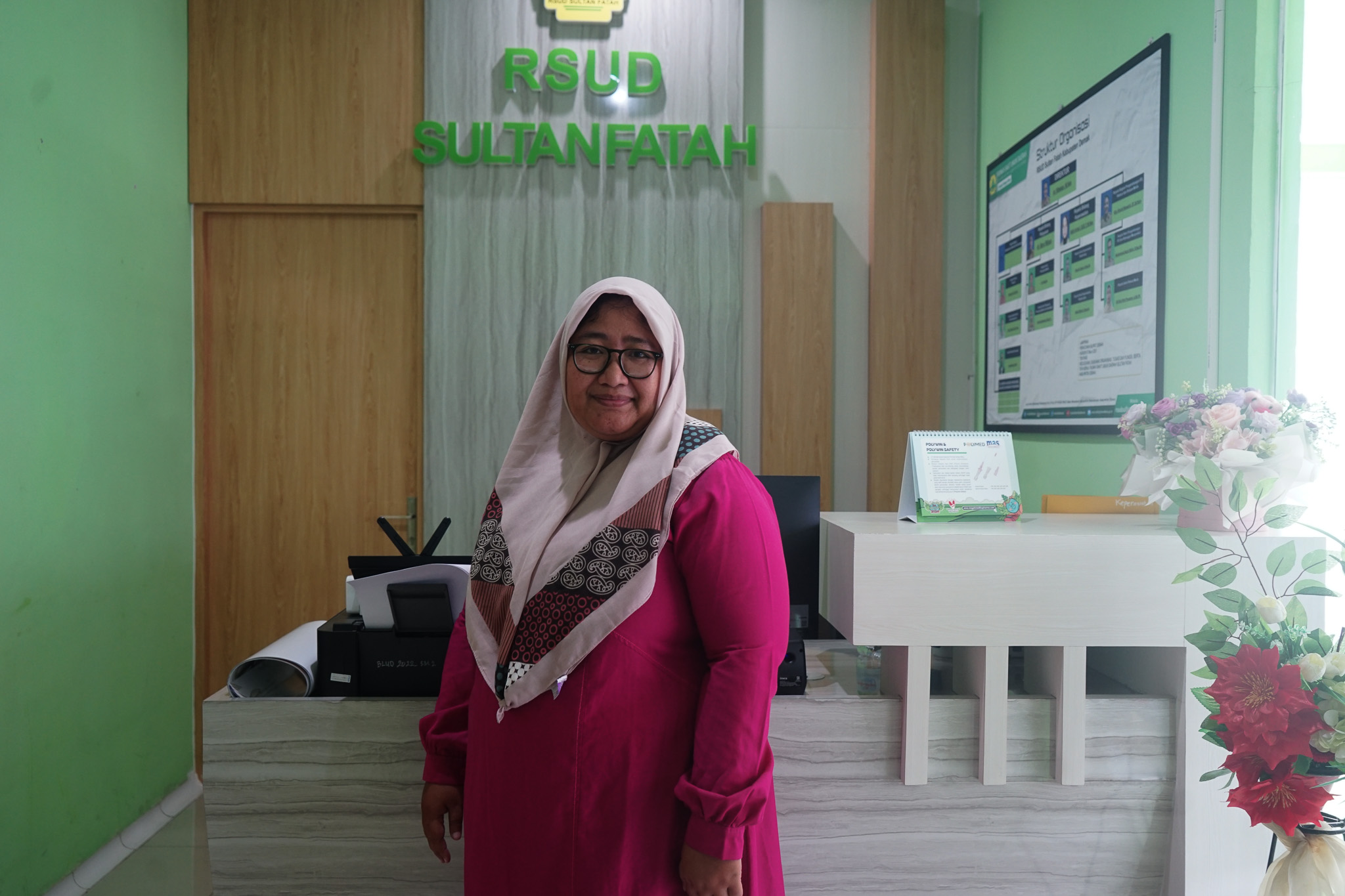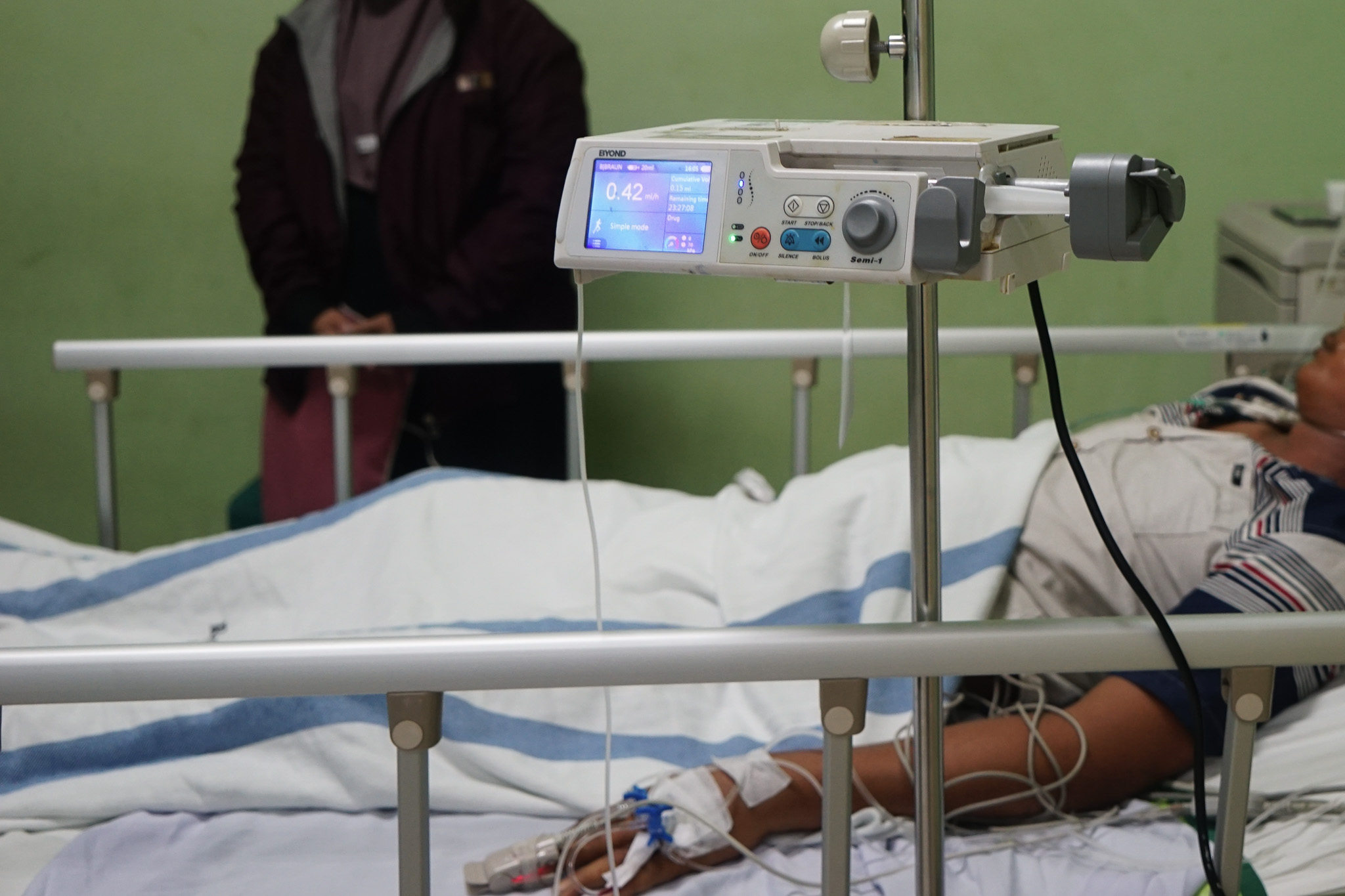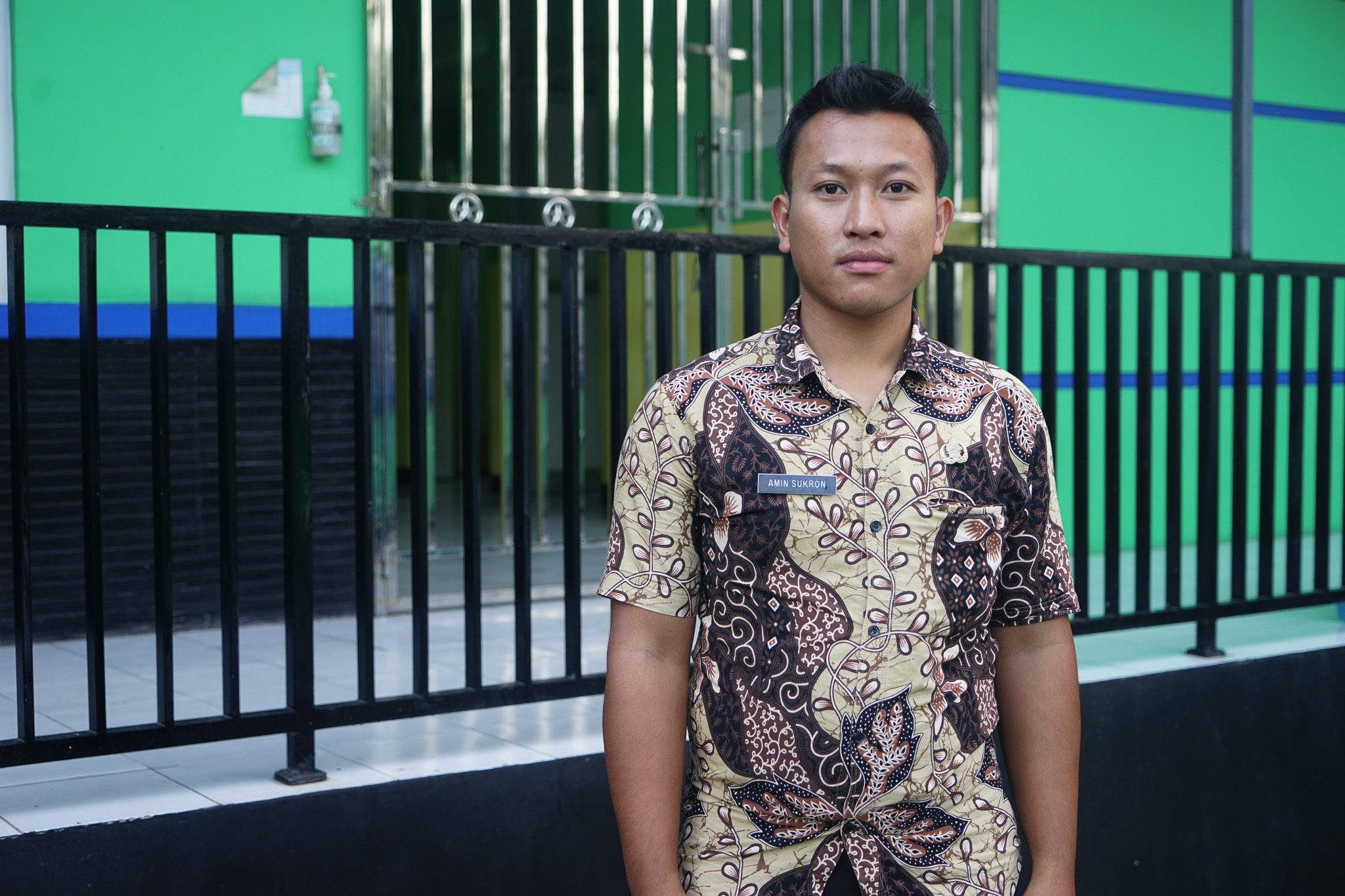On a humid and rainy afternoon in Demak District, Central Java health professional Dr Lisa Novipuspitasari looks out from her clinic and recalls the number of times that floods swallowed roads, landmarks and even entire villages.
The coastal community she serves is familiar with the ferocity of water. Heavy rains coupled with rising tides and coastal erosion make the area prone not just to flooding but the diseases it brings.
“Today I attended to another suspected leptospirosis patient in the emergency unit,” she shares with concern. “Just last night, we escalated another case from observation in emergency care to inpatient treatment,” she adds.
Year after year, Dr Lisa has been at the forefront of the fight against leptospirosis, a zoonotic and climate-sensitive disease that can result in mild illness that may progress to a serious and sometimes fatal disease.
She is one of just a few leptospirosis specialists in Demak, treating patients with symptoms ranging from flu-like illness to kidney failure and Severe Pulmonary Hemorrhagic Syndrome.

Dr Lisa standing in front of the RSUD Sultanfatah sign. As one of just a few leptospirosis specialists, she is leading efforts to prevent and control leptospirosis infections. (WHO/Fieni Aprilia)
“At first, Leptospirosis barely registered as a concern, even among health professionals,” she explains, adding that as the annual death toll rose, she studied how best to treat it, guided by her academic advisor, Professor Gasem, and with insights obtained from research by the National Research and Innovation Agency.
“Too often, leptospirosis is misdiagnosed as dengue or typhoid, leading to tragic outcomes when diagnosed and treated too late,” she says ruefully.
Over the past year, however, the tide has started to turn. Since January 2023, World Health Organization (WHO), the Food and Agriculture Organization of the United Nations (FAO), USAID-IDDS and the Indonesian Ministry of Health and local government have joined forces to strengthen leptospirosis prevention and control in Demak, which is expected to face rising sea levels and land subsidence of two to eight centimeters per year.

A leptospirosis patient undergoing treatment in Demak. As a result of advocacy efforts, the Puskesmas is better prepared and capable of reducing deaths due to leptospirosis. (WHO/Fieni Aprilia)
Thus far, health and cross-sectoral partners such as the Coordinating Ministry on Human Development and Culture and the Ministry of Agriculture have conducted a joint risk assessment for leptospirosis, developed a series of actionable recommendations to enhance preventive measures, and also established a local zoonosis and emerging infectious disease coordination team, in alignment with the “One Health” approach, which recognizes the interconnectedness of animal, human and environmental health.
According to Dr Lisa, these and other initiatives have helped strengthen leptospirosis surveillance and case detection, enhance environmental management and increase rodent trapping, knowledge and awareness-sharing among health workers and the public.
Lead rodent trapper Amin Sukron agrees. In Bonang village, Amin supervises rodent trapping activities in the homes of leptospirosis survivors, using funds from the village. He has long recognized the correlation between leptospirosis cases and flood-prone areas, where rodents that spread leptospirosis breed.

Amin Sukron, one of the rodent cadres in Bonang Village. (WHO/Fieni Aprilia)
Amin says that knowledge obtained from Dr Lisa and other health workers at Bonang I Puskesmas has been crucial to strengthening preventive measures, which are most effective when multiple activities are conducted concurrently, with close communication between key actors and the public.
For this, the One Health approach will continue to be central to WHO, FAO, USAID-IDDS and Ministry of Health and local government efforts. From her clinic in Demak, Dr Lisa reflects positively on the downward trend in leptospirosis cases, in both incidence and severity – testament, she says, to the collective efforts of partners and the community to protect health and well-being from infectious diseases and the health impacts of climate change.
This activity is supported by the U.S. Government through USAID.
Written by Ayunita Mahdy, reporting and documentation officer, WHO Indonesia
